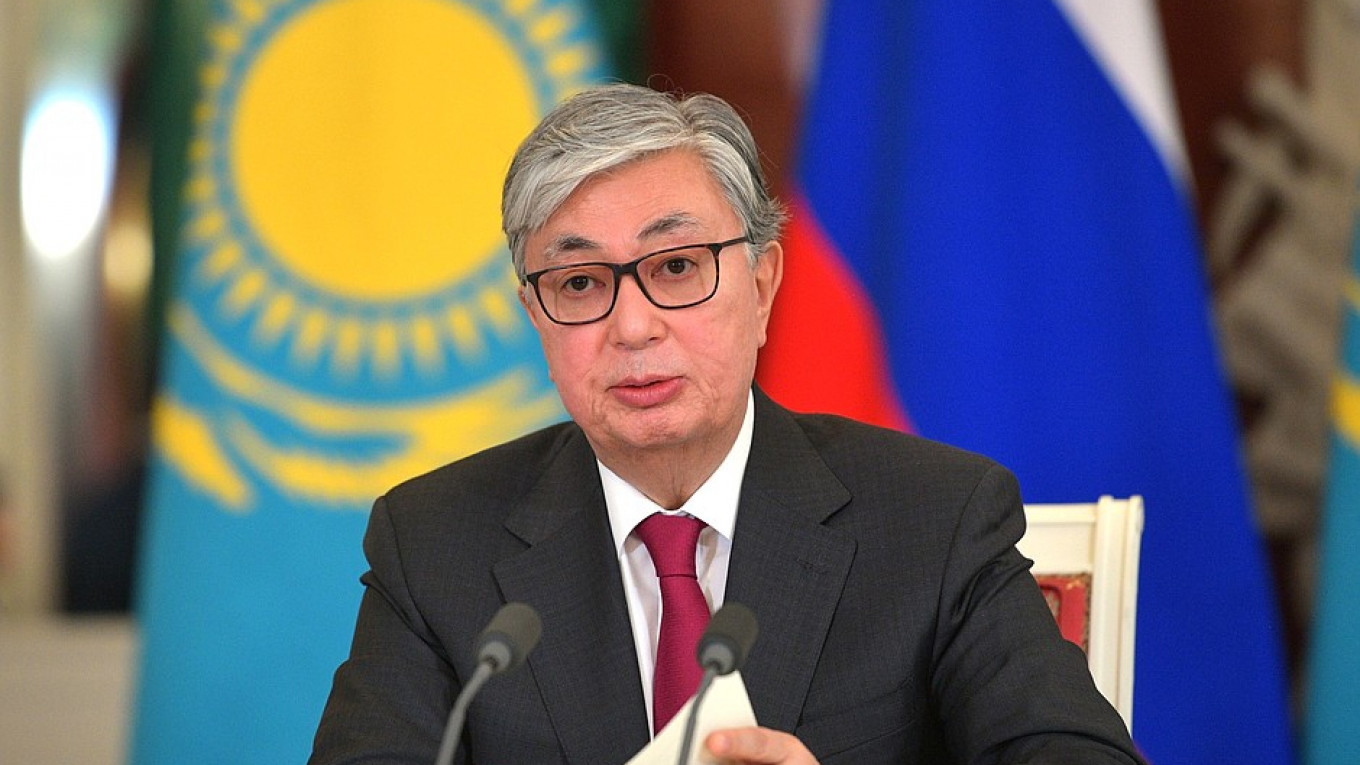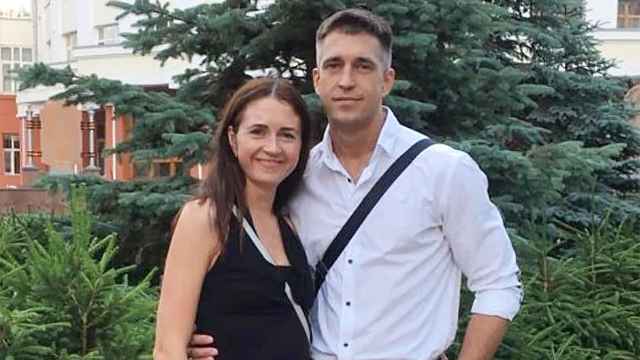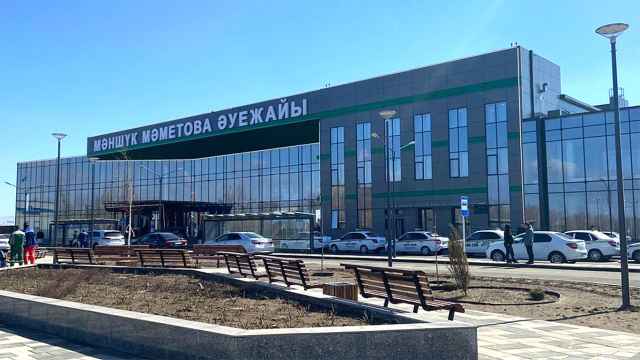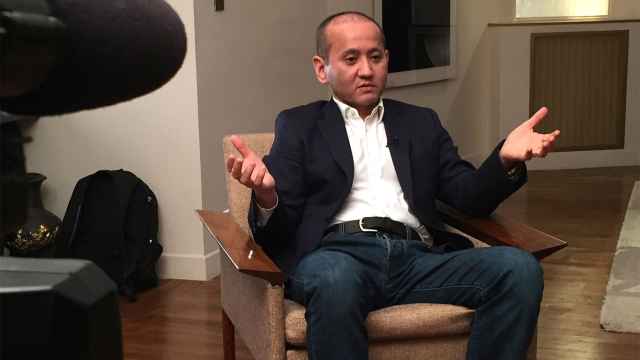Kazakhstan's interim president Kassym-Jomart Tokayev, the chosen successor of veteran ruler Nursultan Nazarbayev who retains sweeping powers, has won a snap presidential election with nearly 71 percent of the vote, according to early results on Monday.
Nazarbayev, who ruled oil producer Kazakhstan for almost three decades, handpicked the 66-year-old career diplomat as his successor when he stepped down in March. In a power-sharing arrangement, Nazarbayev, 78, remains chairman of the influential Security Council and leads the ruling Nur Otan party.
Russia, one of Kazakhstan’s closest allies and trading partners, expects to maintain a “brotherly” bond with its oil-rich neighbor during Tokayev’s tenure, said Sergey Zheleznyak, a member of the State Duma International Affairs Committee.
“The new head of Kazakhstan’s outlook allows us to expect that our old strategic partner will continue to preserve and develop good neighborly relations, enhancing ties between the Russian and Kazakh peoples,” Zheleznyak’s press service was quoted as saying by the state-run RIA Novosti news agency.
With Tokayev's six rivals largely unknown to Kazakh voters, opponents denounced the election as unfair, prompting public protests despite Kazakhstan's restrictive laws on freedom of expression.
During Sunday's vote, police arrested 500 people at rallies in Almaty and Nur-Sultan, the capital city that was renamed after Nazarbayev at Tokayev’s suggestion.
On Monday the number of protesters was much smaller as hundreds of police gathered at the Almaty park where Sunday's rally took place. A Reuters correspondent saw police detain a few dozen people.
The Kazakh state closely controls domestic politics and public discourse. The vast majority of local media does not criticize Nazarbayev, and social media and online messaging platforms were restricted during Sunday's election.
Monitors from the Organization for Security and Cooperation in Europe said "a lack of regard for fundamental rights, including detentions of peaceful protestors and widespread voting irregularities on election day, showed scant respect for democratic standards."
Tokayev, meanwhile, received congratulations from fellow Central Asian leaders such as Uzbek and Kyrgyz presidents. "We must unite to work for the future of Kazakhstan," Tokayev's campaign website quoted him as saying.
Nazarbayev's eldest daughter Dariga became the speaker of the Senate in March, the post previously held by Tokayev, and members of the ex-president's family control some key business assets such as Kazakhstan's largest bank, Halyk.
Reuters contributed reporting to this article.
A Message from The Moscow Times:
Dear readers,
We are facing unprecedented challenges. Russia's Prosecutor General's Office has designated The Moscow Times as an "undesirable" organization, criminalizing our work and putting our staff at risk of prosecution. This follows our earlier unjust labeling as a "foreign agent."
These actions are direct attempts to silence independent journalism in Russia. The authorities claim our work "discredits the decisions of the Russian leadership." We see things differently: we strive to provide accurate, unbiased reporting on Russia.
We, the journalists of The Moscow Times, refuse to be silenced. But to continue our work, we need your help.
Your support, no matter how small, makes a world of difference. If you can, please support us monthly starting from just $2. It's quick to set up, and every contribution makes a significant impact.
By supporting The Moscow Times, you're defending open, independent journalism in the face of repression. Thank you for standing with us.
Remind me later.






